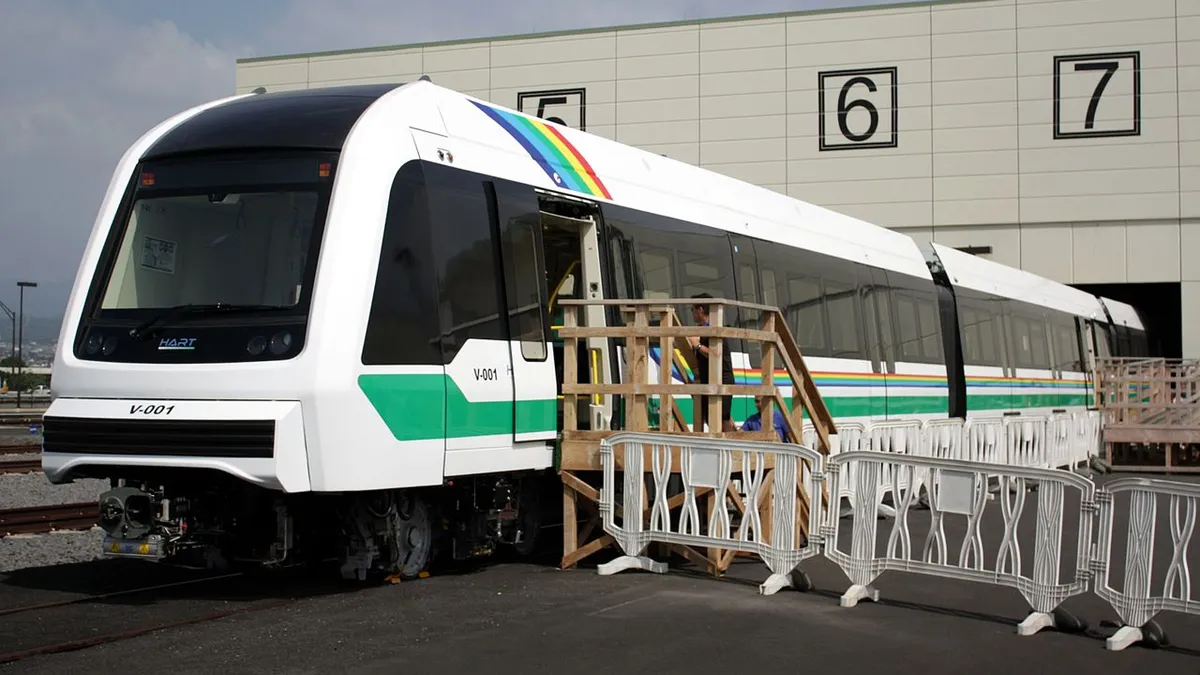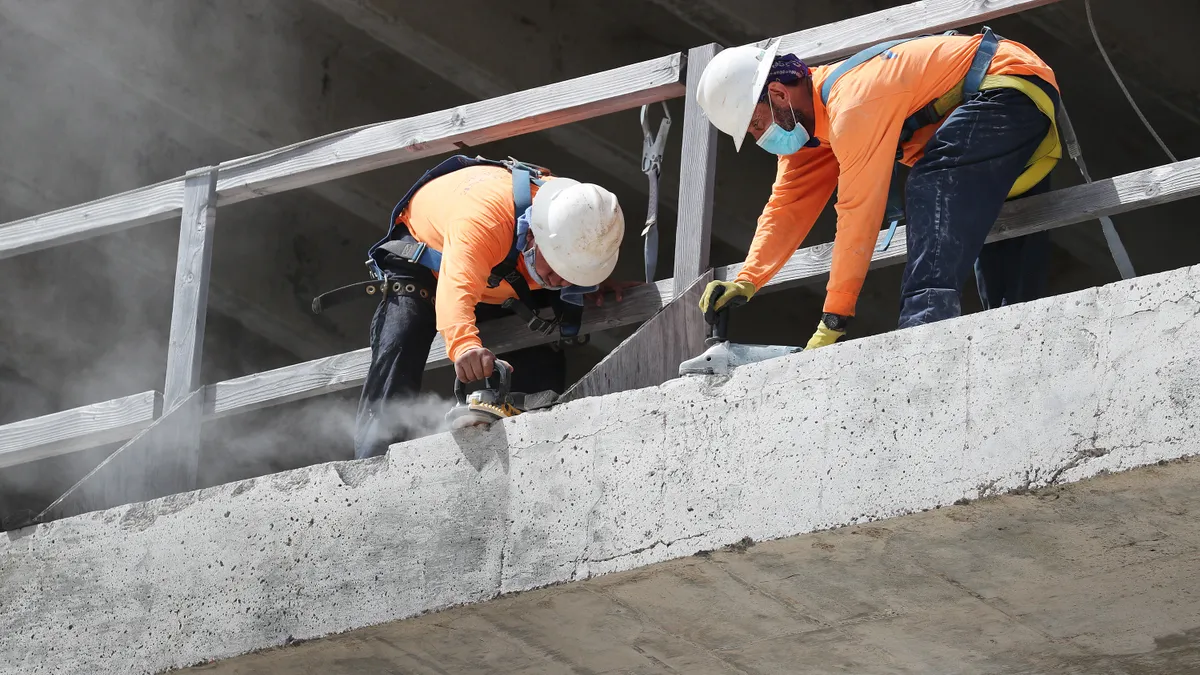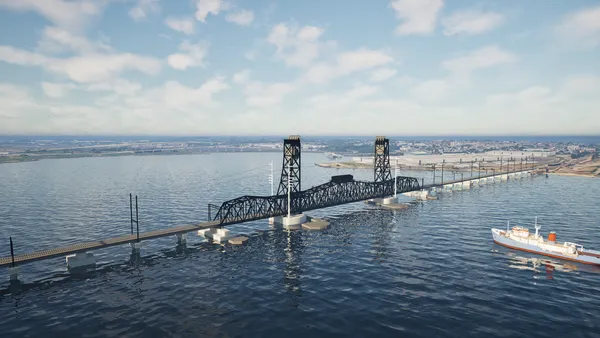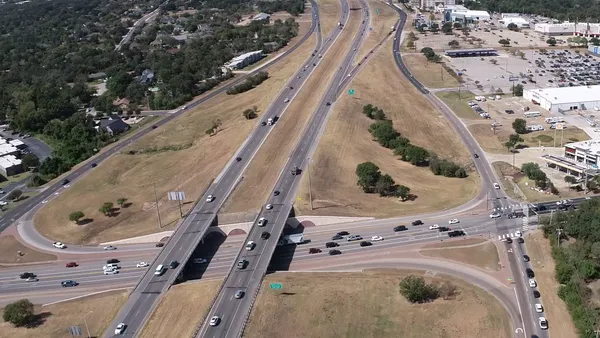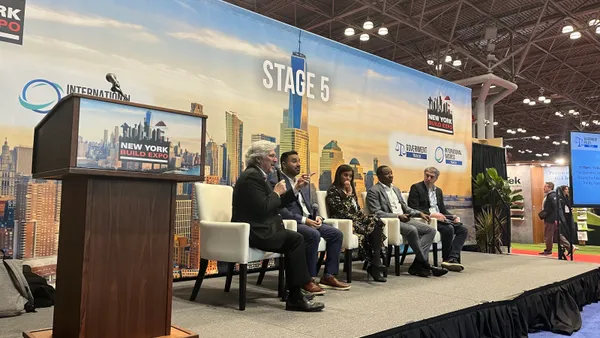Dive Brief:
- An independent consultancy has advised Honolulu Authority for Rapid Transportation (HART) officials that using a public-private partnership (P3) to take on the last four-mile section of the agency's over-budget, $8 billion rail project could help eliminate additional cost increases, ensure a reliable schedule for completion and reduce the price tag of the entire project by 2%, according to Honolulu Civil Beat.
- HART hired Ernst & Young Infrastructure Advisors late last year to help the agency explore the possibility of using a P3. The project would still use taxpayer funds, but the public's investment would be capped at $8.1 billion, with the private partner covering any future cost overruns. Ernst also told HART that the contractors would not get paid until they reached certain milestones, further incentivizing adherence to the schedule. They also reportedly said that costs for the last portion of the rail could see a reduction of 5% to 10%.
- HART officials want to issue request for proposals to the private sector in July but could be crippled by an in-place, $1.4 billion, 10-year operations and maintenance agreement with the rail car manufacturer. A potential P3 partner would likely want to include a 20-year maintenance and operation agreement as part of its contract to maximize its moneymaking potential.
Dive Insight:
The Honolulu rail project has been plagued by cost overruns and reported mismanagement since 2014, leading to a $3 billion cost increase. The last portion of the project will see construction through downtown areas, which could mean excavating around unmapped utilities and native burial sites and through unexpected subsoil types. The project could also cause damage to nearby existing buildings. With some experts predicting that this phase of work will escalate costs to $13 billion, it's no wonder HART wants to reduce its risk by handing the project over to the private sector.
Perhaps the California High-Speed Rail Authority and state lawmakers should have considered handing over the construction of the now-$77 billion bullet train from the San Francisco Bay area to Anaheim, California, to the private sector. Costs continue to rise and problems with land acquisitions and construction logistics are adding to the tab. The latest blow to the project was a U.S. Department of Transportation announcement that its inspector general would conduct an audit of the $3.5 billion federal grant package the CHSRA received. The records inspection will target how the Federal Railroad Administration has overseen the project's compliance with the terms of the grants.


